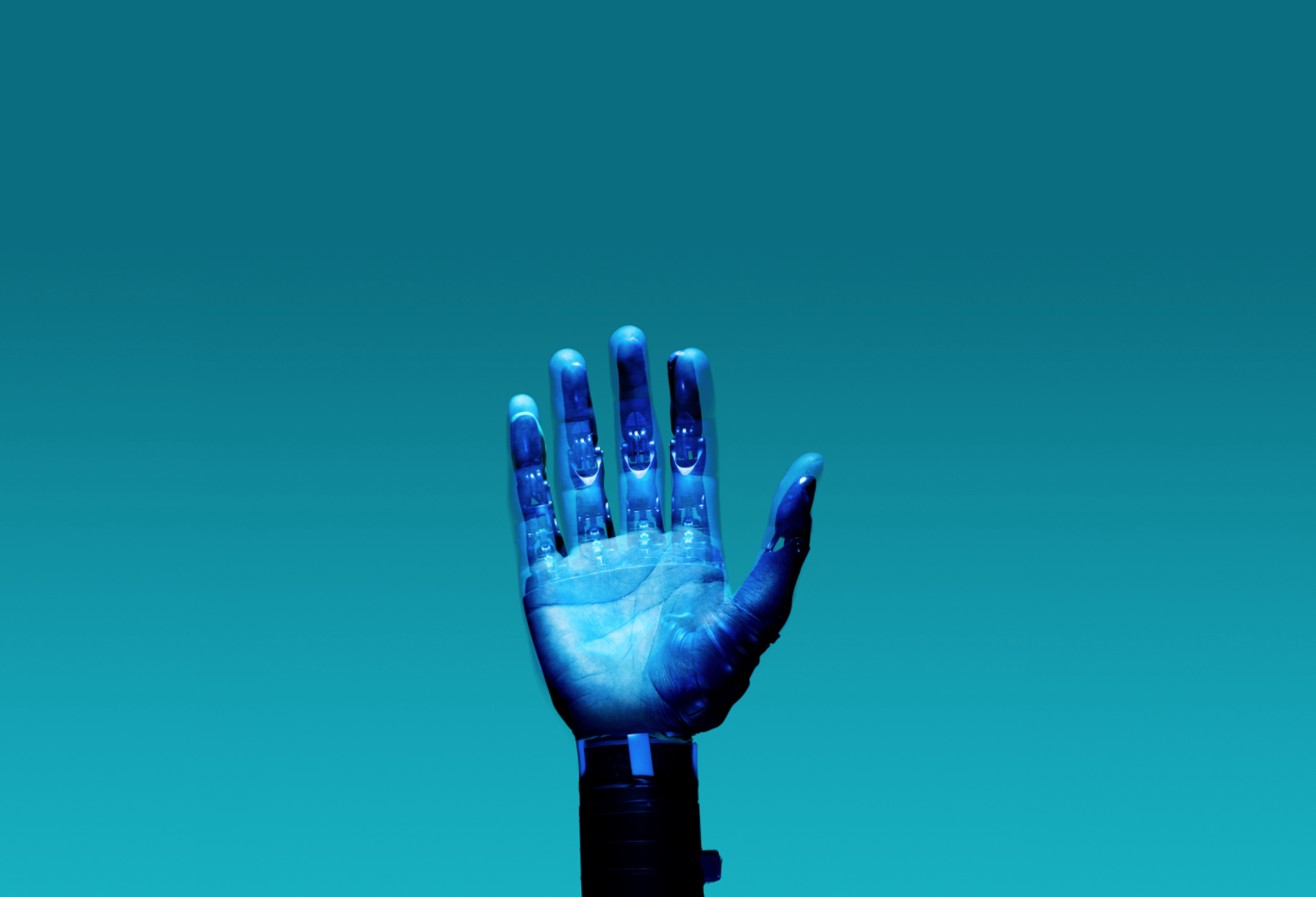
Technically Human is a podcast about ethics and technology that
asks what it means to be human in the age of tech. Each week, Professor Deb Donig interviews industry leaders, thinkers, writers, and technologists, and asks them about how they understand the relationship between humans and the technologies we create. We discuss how we can build a better vision for technology, one that represents the best of our human values.

High Tech Society: IEEE's vision for ethical technological advancement
In this episode of the show, I speak with Tom Coughlin, the standing President and CEO of IEEE, the world's largest technical professional organization dedicated to advancing technology for the benefit of humanity. We discuss the IEEE's vision of technological innovation, what it really means to "benefit humanity" through tech, and how the tech sector can, and should, move toward a values-driven approach to innovation.

Debugging Division: The Architecture of Bridge-Building Social Media
Today we are bringing you a conversation featuring one technologist who is rethinking and reshaping social media—to build platforms that spark empathy and joy, not division and hate.
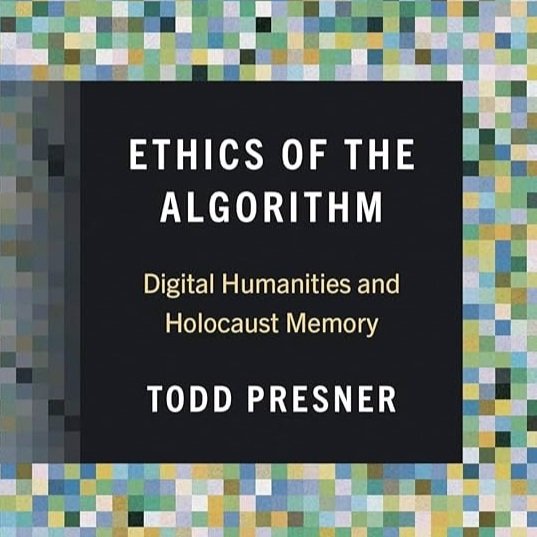
The Algorithm as Witness: Reimagining Holocaust Memory in the Digital Age
In this episode of "Technically Human," I bring you a conversation with one of the great thinkers working at the intersection of ethics and technology, Professor Todd Presner, for an episode about his new book, Ethics of the Algorithm: Digital Humanities and Holocaust Memory. In the conversation, we talk about new direction in Holocaust memory and scholarship, how technologies are enabling new approaches, questions, and interpretations of major historical events, and how digital technologies might help us imagine a new ethics of interpretation of history and memory.

Game On, Hate Off: Navigating the Virtual Frontier
In this week's episode of the show, I speak with Daniel Kelley about the culture of online gaming, and the unique set of challenges in the gaming space, related to hate, harassment, and extremism. We talk about the possibilities, and limitations, of regulating that space, and what the landscape of gaming might foretell about the future of increasingly online lives that we live, as more and more of our social interactions take place virtually. We talk about how to make those spaces safer and more inclusive, and whether moderation is the right tack to take in developing that more inclusive future, as well as what other strategies for cultivating such spaces might be possible.

Art, Tech, Self: Untangling the Human Algorithm
Today I'm sitting down with Alva Noë. We talk about his new book, The Entanglement, and the relationship between technology, philosophy, and art.
In The Entanglement, Professor Noë explores the inseparability of life, art, and philosophy, arguing that we have greatly underestimated what this entangled reality means for understanding human nature.

The QWERTY Keyboard and the Chinese Computer
In this episode of the show, I speak with Dr. Thomas Mullaney about his new book, The Chinese Computer. In the book, Dr. Mullaney outlines the history and evolution of Chinese language computing technology, and explores how the technology of the QWERTY keyboard changed this history of computing. We talk about how the structure of language has shaped the history of digital technologies, and Dr. Mullaney explains how China and the non-Western world—because of the “hypographic” technologies they had to invent in order to join the personal computing revolution— helps us understand the relationship between the human mind and the technologies it creates.
His writings have appeared in the Journal of Asian Studies, Technology & Culture, Aeon, Foreign Affairs, and Foreign Policy, and his work has been featured in the LA Times, The Atlantic, the BBC, and in invited lectures at Google, Microsoft, Adobe, and more. He holds a PhD from Columbia University.
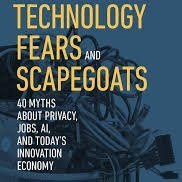
Agree to Disagree: Are we living in an age of techno-pessimism?
In this episode, I interview Robert D. Atkinson and David Moschella, who join me to argue that the critiques of tech circulating in our environment are full of “myths and scapegoats.” That’s the title of their new book, “Technology Fears and Scapegoats: 40 Myths About Privacy, Jobs, AI, and Today’s Innovation Economy,” published this year by Pallgrave McMillan. The book argues that our era of tech critique, and the impetus for regulation that many critics advocate for and recommend, is misguided, and that our era is one of general pessimism toward AI, in which our society largely overlooks the benefits of this technology. In their words, quote, “These attitudes both reduce the enthusiasm for innovation and the efforts by government needed to spur it.”
Well, as the title of the episode suggests, agree to disagree, both on the facts and the merits of the argument!

The Ethics and Technology of Teams in the Age of AI
Today I’m speaking with Projjal Ghatak, CEO & Co-Founder At Onloop, about the ethics of teamwork, collaboration, and providing constructive feedback.
Projjal founded OnLoop in 2020 to create a category called Collaborative Team Development (CTD) to fundamentally reinvent how hybrid teams are assessed and developed, after over a decade of frustration with clunky, traditional enterprise performance management and learning processes and tools that were either hated or ignored by his teams at companies like Uber and Accenture where he spent many years.
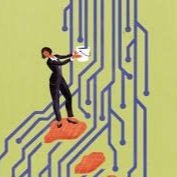
Ethics Works: A Day in the Life of an Ethics Worker in Tech
In this episode of the show, I speak with Sarah Fairweather about what it is like to be an ethics worker. We talk about how ethical work can sync up with business practices, how to develop a culture of ethics in industry, and Sarah talks me through what it is like to practice ethics as a day job.

Feel the Burn: A new novel explores the financial crisis in tech
In this episode of the show, I sit down with author Mike Trigg about his new novel, Burner. Mike Trigg is an author, a novelist, a tech executive, a tech founder, and an investor in dozens of technology start-up companies for over twenty-five years. His first novel, Bit Flip, was released in August 2022 to critical acclaim, lauded by the San Francisco Chronicle as a “twisty, acerbic corporate thriller.” His work has been featured in Publisher’s Weekly, Kirkus, and Literary Hub.
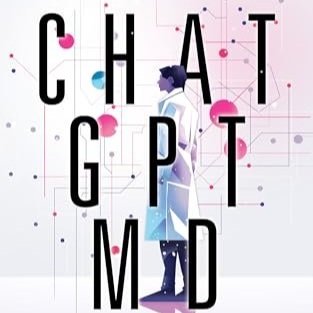
Dr. Strangelanguage: How I Learned to Stop Worrying and Love Generative AI in Medicine
In this episode of the show, I sit down with Dr. Robert Pearl to talk about his new book, ChatGPT, MD: How AI-Empowered Patients & Doctors Can Take Back Control of American Medicine, a book he co-authored with...ChatGPT! We talk about the deep fractures and problems in American health care that Generative AI may be positioned to solve, the changing landscape of health care, and the possibility that Amazon, Google, or OpenAI may become the nation’s latest healthcare providers.
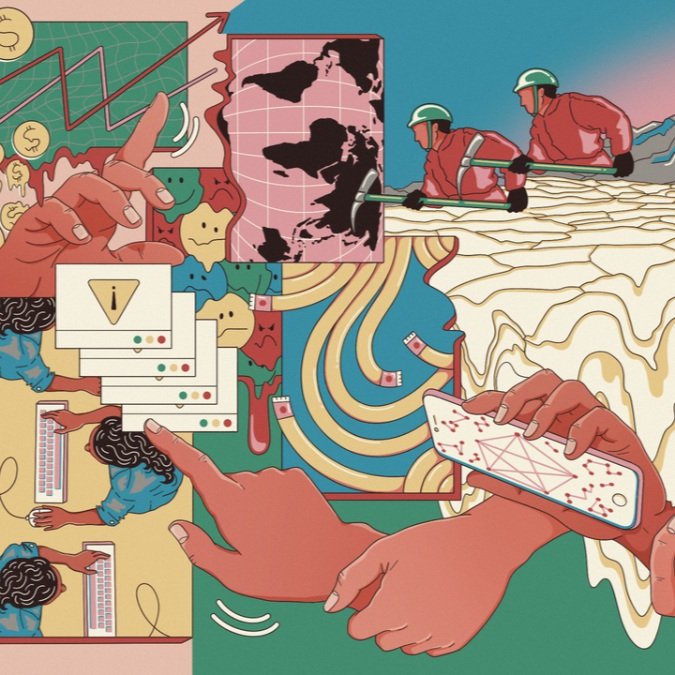
Taking the Temperature of AI: Measuring AI's Environmental Impact
In this episode of the show, I talk to Dr. Tamara Kneese about Data and Society's initiative to develop standards and ways to measure the environmental impact of AI. I talk to Dr. Kneese about her work at the Algorithmic Impact Methods Lab (AIMLab), we talk about the links and frictions between tech and climate change, and we consider how AI may be changing how we experience not only life, but also our experience of death.

Brain Storm: The new technologies that are changing how we think about brain function
In today's episode, I sit down with Dr. Peter Bonutti to talk about the ways in which technologies are revolutionizing our understanding of the brain, and how they may be used to treat crippling brain disorders such as stroke and seizures.
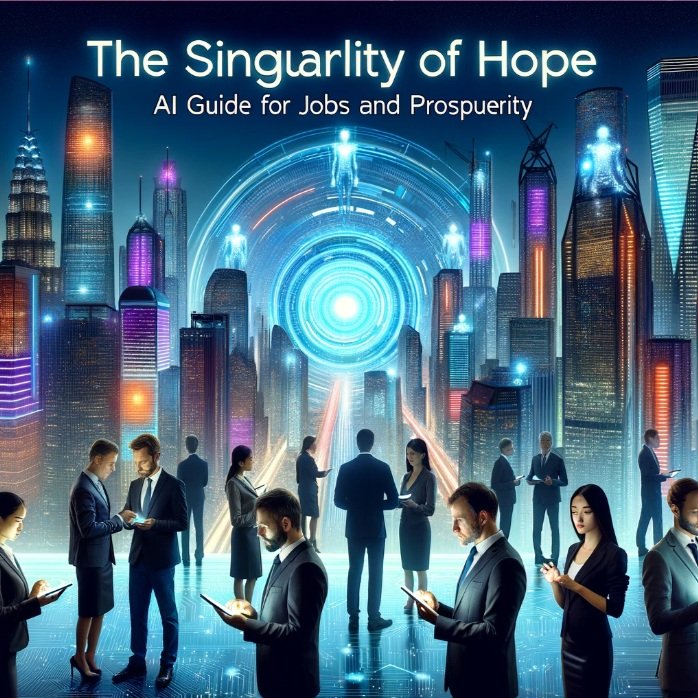
The Singularity of Hope: The case for AI optimism
Today I am interviewing Dr. Sam Sammane about his forthcoming book, "The Singularity of Hope”, which aims to guide readers through the challenges and opportunities of the AI era, advocating for a harmonious fusion of human intelligence and machine capabilities.

The Count: The Politics of Data Science
Welcome back to a brand-new season of Technically Human! We’re thrilled to be back with new episodes of the show. We are kicking off the new season, and the new year, with an episode featuring one of my favorite thinkers, Dr. Deborah Stone, to talk about what it means to count—that is to say, what it means to measure, and what it means to matter.

Getting Public About Privacy: Understanding data privacy in the digital age
In this episode of the show, I talk with Jared Maslin about what it means to have privacy on the internet. We talk about the difference between privacy and secrecy, the benefits and limitations of GDPR and the possibility of privacy regulation coming to the US, and we explore the biggest challenges facing data privacy today.
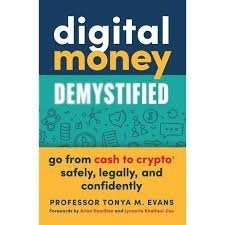
The Case for Cryptocurrency: The future of digital assets post Sam Bankman-Fried
In this week’s episode of the show I sit down with Dr. Tonya Evans to talk about the state of crypto in the wake of last week’s landmark criminal fraud conviction of the former CEO of FTX and the former prophet of crypto, Sam Bankman-Fried. Dr. Evans and I discuss what new crypto economy might emerge in the wake of his conviction. We discuss the principles and the possibilities of new digital assets, and we talk about the challenges of regulating new financial technologies.

The New Rules: challenging Big Tech’s reign over legal reform
In today’s episode, I talk about how to create new legal rules to guide tech toward reflecting human values with Brian Beckcom, one of the leading lawyers of his generation. We talk about the way that case law formed to treat piracy, that is to say, the practice of attacking and robbing ships at sea, and piracy in our digital age, that is to say, the unauthorized duplication of copyrighted content that is then sold at substantially lower prices in the 'grey' market, We talk about the possibilities for, and the obstructions to, creating legislation that would stop some of the worst consequences and tendencies of big tech. And Brian makes the case for what law, at its most ethical and generative potential, might do to guide tech toward protecting and elevating human values.
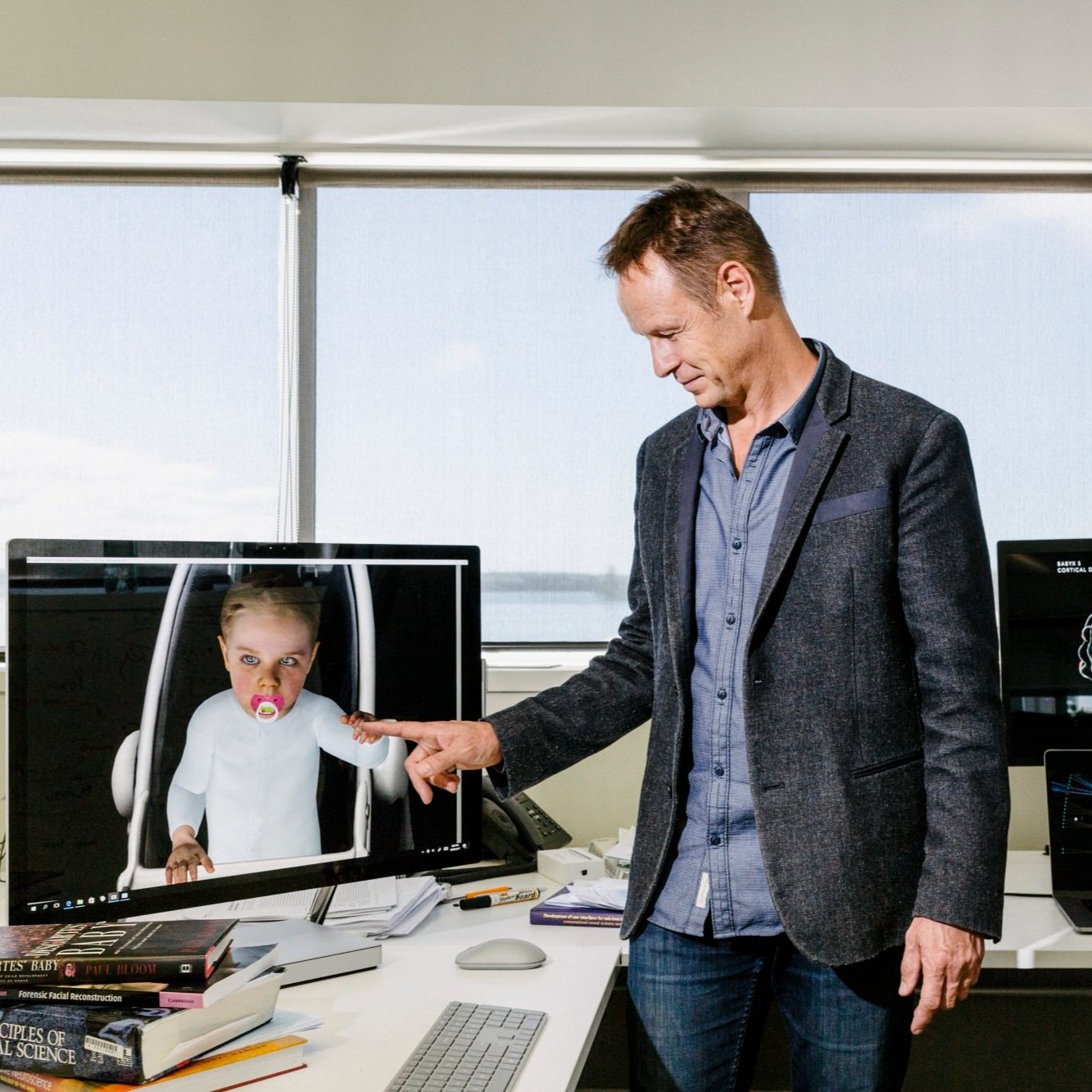

The Romance of AI: discussing love and Artificial Intelligence with Amy Kurzweil
In today’s conversation, I sit down with Amy Kurzweil, the author of the new graphic memoir, Artificial: A Love Story. Artificial: A Love Story tells the story of three generations of artists whose search for meaning and connection transcends the limits of life. The story begins with the LLM generated chatbot that Amy’s father, the futurist Ray Kurzweil, created out of his father’s archive, but the story doesn’t start and end there. Instead, the story takes us on a journey through new questions that technologies are asking about what it means to be human. How do we relate to—and hold—our family’s past? And how is technology changing what it means to remember the past? And what does it mean to know--and to love--in the age of AI?
